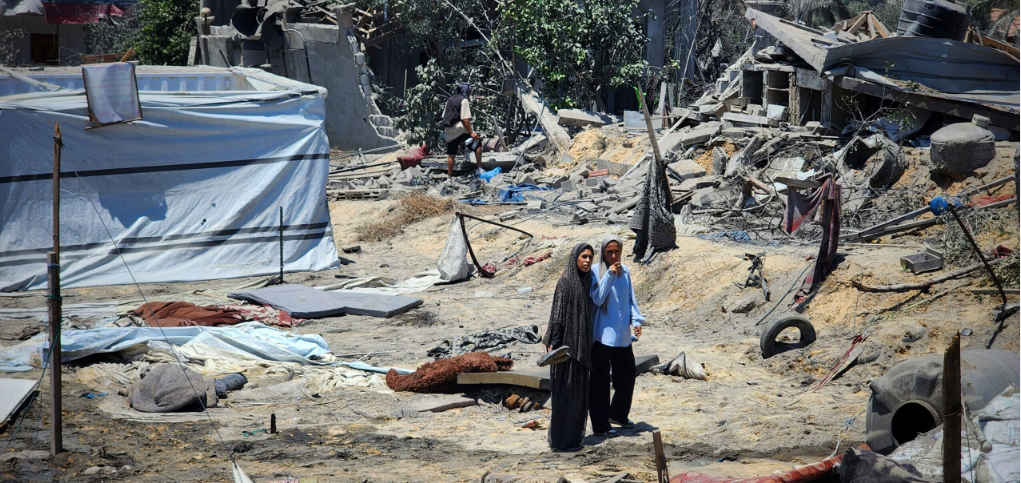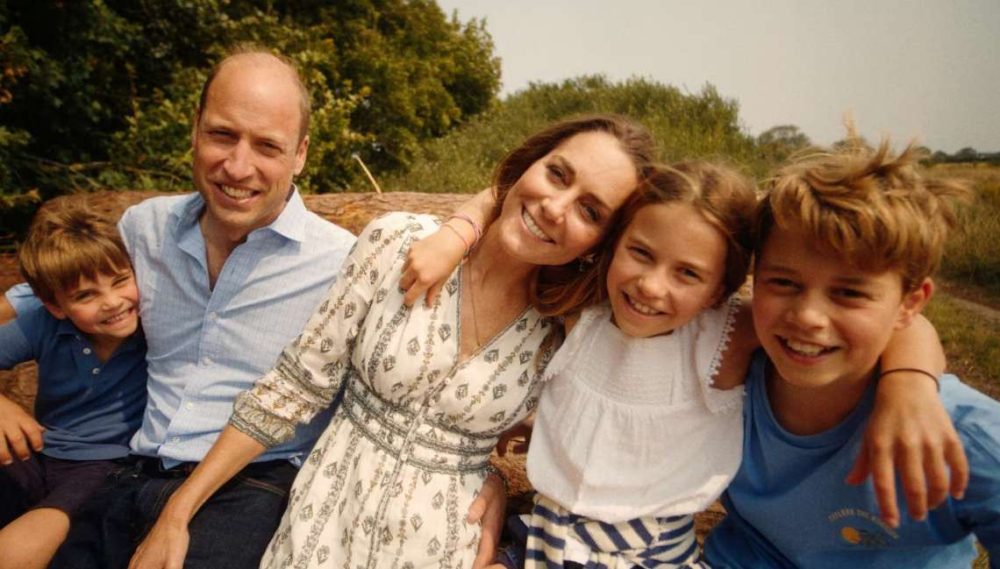An additional 32 cases of serious self-harm by asylum-seekers were also recorded by the Home Office during the period in question, with the youngest aged 17 and the oldest aged 48…reports Asian Lite News
Thirteen asylum-seekers have committed suicide in the UK in the past two-and-a-half years, with another 24 attempting to take their own lives in that period.
A report by The Times found these included children, such as a 14-year-old Iraqi girl who threw herself from a building and sustained severe head injuries.
Of the 13 to die, all bar one were awaiting decisions on asylum applications, with the other having been denied. They ranged in age from 19 to 45 years old and included a 21-year-old Russian woman who took her own life beside a London canal.
An additional 32 cases of serious self-harm by asylum-seekers were also recorded by the Home Office during the period in question, with the youngest aged 17 and the oldest aged 48. Among the nationalities represented in the self-harm data were people from Iran, Syria, Libya, South Africa and Turkey.
A Yemeni doctor, who claimed asylum in the UK in 2023, told The Times that conditions for asylum-seekers in the UK were unsuitable, blaming them for the number of people self-harming or attempting suicide.
“The staff members treat you like you’re some kind of criminal — it feels like a prison. You don’t get visitors except (during) certain hours (and) it’s not easy to go out”, she said.
“A lot of asylum-seekers keep saying that we’re treated like beggars, when a lot of asylum-seekers come from overly achieving professions. Overnight you’re treated like that — and this is how your life is, for you don’t know how long. I never thought that I would have to fight on a daily basis for basic human needs or basic rights.”
The length of time and uncertainty surrounding asylum applications in the UK is thought to play a large role in the mental health conditions of asylum-seekers in the UK, with over two-thirds of the 161,000 asylum-seekers awaiting initial decisions on their status in spring 2023 waiting over six months for an outcome.
A Namibian nurse and former UN employee told The Times she had applied for asylum in the UK in February 2020 but did not receive her rejection until August 2023.
During that time, she said, she was “taken out of a safe environment” and moved to a hotel in Glasgow, where six people were stabbed by a Sudanese asylum-seeker in June 2022 while she was a resident there.
She said she and others were not offered mental health support in the aftermath of the attack.
“Everything feels like we cannot ask questions,” she told The Times. “It is something that I never expected in the UK. Never in my life did I expect that I would be afraid in the UK.”
Prof. Cornelius Katona, asylum-seeker and refugee mental health lead at the Royal College of Psychiatrists, told The Times: “People who have been displaced and are seeking refuge and protection may have faced violence, danger or exploitation and lost loved ones. These can be deeply traumatic experiences and increase the risk that someone might develop a mental illness such as anxiety, depression or post-traumatic stress disorder.
“Asylum-seekers must also contend with significant housing, employment and financial uncertainty when they arrive in the UK, while also experiencing difficulty in accessing healthcare. All these factors can exacerbate an existing mental illness and potentially lead to increased suicidality or self-harm.”
Despite the Home Office providing training to staff to deal with issues including PTSD and suicidal tendencies, questions have also been raised about the suitability of dedicated holding centers, including a former Royal Air Force base at Wethersfield in Essex, where emergency services were summoned on 38 separate occasions in the first five months of 2024.
Medecins Sans Frontieres claimed 41 percent of people at the site had made use of its medical services citing suicidal thoughts or behavior.
The charity told The Times: “Although there are clear differences between hotels and containment sites, the often poor living conditions, safeguarding failures and extended delays people experience lead to various levels of anguish and mental health issues.”
A case brought by four former residents about the site is currently being heard by the High Court in London. There have also been allegations that the Bibby Stockholm barge, a vessel due to be decommissioned in January 2025, was unfit for housing asylum-seekers after an Albanian man died of suspected suicide in December 2023.
A Home Office spokesman told The Times: “We take the health and well-being of asylum-seekers seriously and at every stage in the process will seek to ensure that all needs and vulnerabilities are identified and considered, including those related to mental health and trauma. We ensure that where a serious incident is reported, we take the necessary action so our safeguarding standards remain at the highest level.”
ALSO READ: Fixing The Foundations












